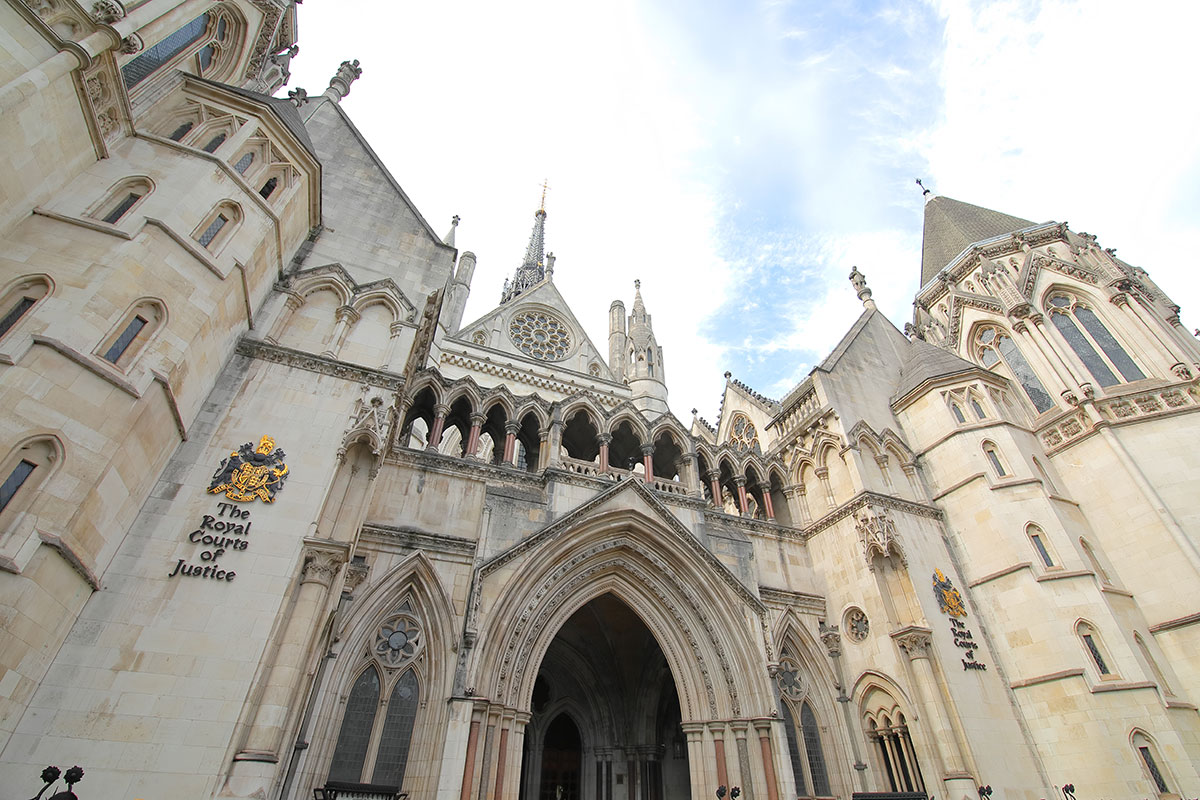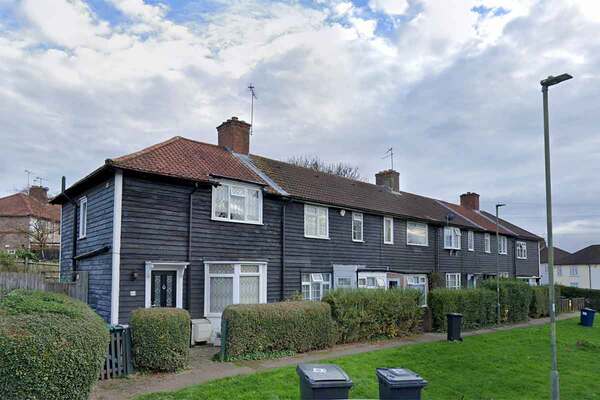You are viewing 1 of your 1 free articles
Possession order by large landlord set aside over failure to serve rent notice to shared owner
Possession proceedings by a large housing association over rent arrears were set aside by a county court after the landlord failed to serve a notice to pay rent to a shared ownership leaseholder.
The leaseholder was successful in her application to Central London County Court to have a possession order by Sovereign Network Homes (SNH) set aside after arguing she has a long lease under the Commonhold and Leasehold Reform Act 2002 and that she should have been served a rent notice under Section 166 of the act.
Under Section 166, a tenant with a long lease is “not liable to make a payment of rent under the lease unless the landlord has given him a notice relating to the payment”.
The judgment means, subject to appeal, proceedings will now go back to the claim stage and all enforcement action is cancelled.
The lawyer representing the leaseholder has warned housing associations to make sure they issue Section 166 notices for shared ownership leaseholders as they are “required by law”.
Shared ownership leaseholders buy a share of a property and pay rent on the rest, which is not yet staircased and still owned by the landlord.
The case was bolstered by a previous judgment by the Court of Appeal which essentially confirmed shared owners have the same rights as 100% leaseholders.
The case focused on whether shared ownership residents met the requirements of the right to manage process, specifically the need for “qualifying leaseholders” to have long leases of over 21 years.
The appeal turned on whether the shared ownership leaseholders, who had not yet staircased their leases to 100%, fell within the definition of a “long lease”.
In his judgment, Lord Justice Newey decided that a shared ownership lease for a term of more than 21 years will be a “long lease” whether or not the tenant has a 100% interest.
In the SNH case, the housing association obtained an outright possession order, which sets a date for possession of the property, in April 2022.
However, because of an error on the court file, the resident was only made aware of the order when she received a notice of eviction in February 2023. She then applied for a stay of execution to set aside the possession order.
In March last year, a deputy district judge discharged the warrant for possession and varied the date for possession. SNH appealed this decision.
The leaseholder argued that since no Section 166 notice was served, “the rent was not yet due and so there was no proper basis for a possession order of any sort, let alone one under Ground 8 [of the Housing Act 1988]”, firm Landmark Chambers, which represented the leaseholder, explained.
Her Honour Judge Bloom agreed the possession order should be set aside. She concluded that the leaseholder had acted promptly in bringing the application after receiving notice of the order in February 2023, and she had good reason for not attending.
Judge Bloom also concluded that the “lack of compliance with the pre-action protocol for possession claims by social landlords should be considered a compelling reason, particularly when Sovereign Network Homes treated the shared ownership lease as if it were an AST [assured shorthold tenancy]”.
Landlords have been going down the assured shorthold tenancy route for possession of shared ownership properties because their leases were not treated as long leases.
Katherine Traynor, the Landmark Chambers lawyer representing the leaseholder, told Inside Housing: “The court was of the view that in light of the earlier decision, shared ownership leases were long leases, and therefore there was a defence that was more than fanciful that a Section 166 notice had to be served.
“And [the judge] was of the view that that needed to go to trial and needed to be determined in light of the earlier Court of Appeal decision.”
Ms Traynor said the Court of Appeal decision “opens up the question as to what is an appropriate route to get possession in the context of a shared ownership lease”.
She said: “[The judge] has not yet determined the point because it is a set aside application, but she thought there was sufficient merit in the argument to set it aside and was of the view that it ought to be determined at some point in the future.
“But it opens up an argument for shared ownership leaseholders to say, ‘Well you haven’t sent the Section 166 notice, therefore the rent is not due, therefore I’m not in arrears and your proceedings ought to be dismissed.’
“It opens up the point of saying to housing associations that you need to serve the Section 166 notice – at the first least as a caution to this argument – because you are required to do so by law.”
SNH, the former Network Homes part of Sovereign Network Group that is currently a subsidiary ahead of the full merger next year, said no decision on whether Section 166 applies has been made yet. However, the landlord believes clarity is needed.
Aisha Akhtar, interim head of legal services at SNH, said: “The court explicitly refrained from determining whether Section 166 applies to shared ownership rent and only found that there was an arguable case that should be determined at trial.
"Over the two years of litigation and significant court delays, the action has resulted in payment of the rent arrears that formed the basis of our initial case.
“The application of Section 166 is a point that we believe should be examined further to offer crucial clarity to housing associations and leaseholders.”
Sign up for our regulation and legal newsletter
Already have an account? Click here to manage your newsletters












